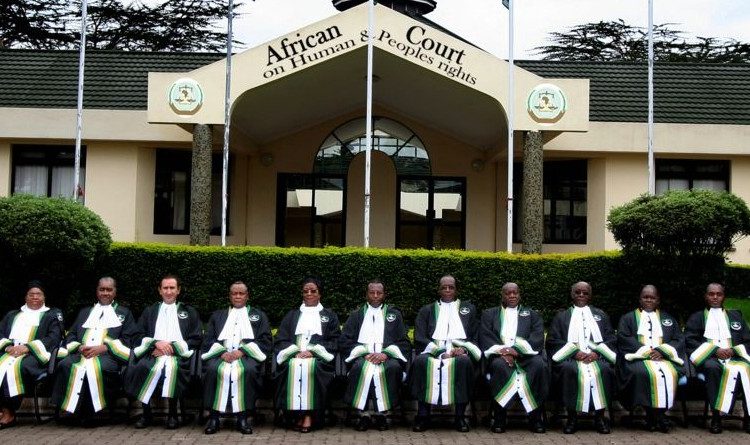The African Court on Human and Peoples’ Rights holds great promise in protecting human rights and ensuring justice on the continent. But it operates amid resistance by states, and this threatens its effectiveness and very existence.
The idea of a regional human rights court surfaced at the 1961 African Conference on the Rule of Law held in Lagos, Nigeria. African jurists at the conference called on African governments to create “a court of appropriate jurisdiction” that would be “available for all persons under the jurisdiction of the signatory states”.
Four and a half decades later, an operational regional court became reality. The court is the African Union’s judicial arm, and sits in Arusha, Tanzania.
It is one of three regional human rights courts in the world. The others are the European Court of Human Rights and the Inter-American Court of Human Rights. They play an important role in protecting human rights within their respective regions.
The African court was established in terms of a protocol adopted in 1998. It began operating 15 years ago in 2006. In this way, African states have created an avenue for judicial scrutiny of their domestic laws and executive actions that have an impact on human rights.
Cases can only be brought against states that are party to the court’s protocol. States that are party to the protocol, the African Commission on Human and Peoples’ Rights and African intergovernmental organisations can bring cases to the court directly. NGOs with observer status at the commission and individuals can only access the court directly if the relevant state party permits them to do so. Otherwise, individuals and NGOs can only access the court if the African Commission takes their case to the court.
Requests for advisory opinions can be submitted by the African Union or its members or organs, or African organisations that it recognises.
But, sadly, the African Human Rights Court’s success in protecting human rights and upholding the rule of law is undermined by state resistance. This has been evident as far back as the early years of the court’s establishment. THE CONVERSATION







